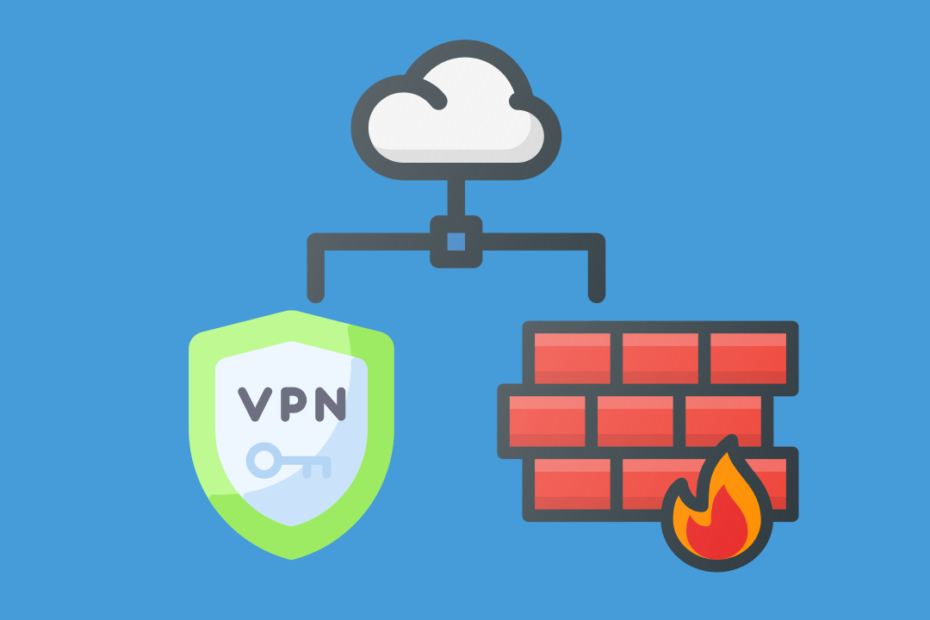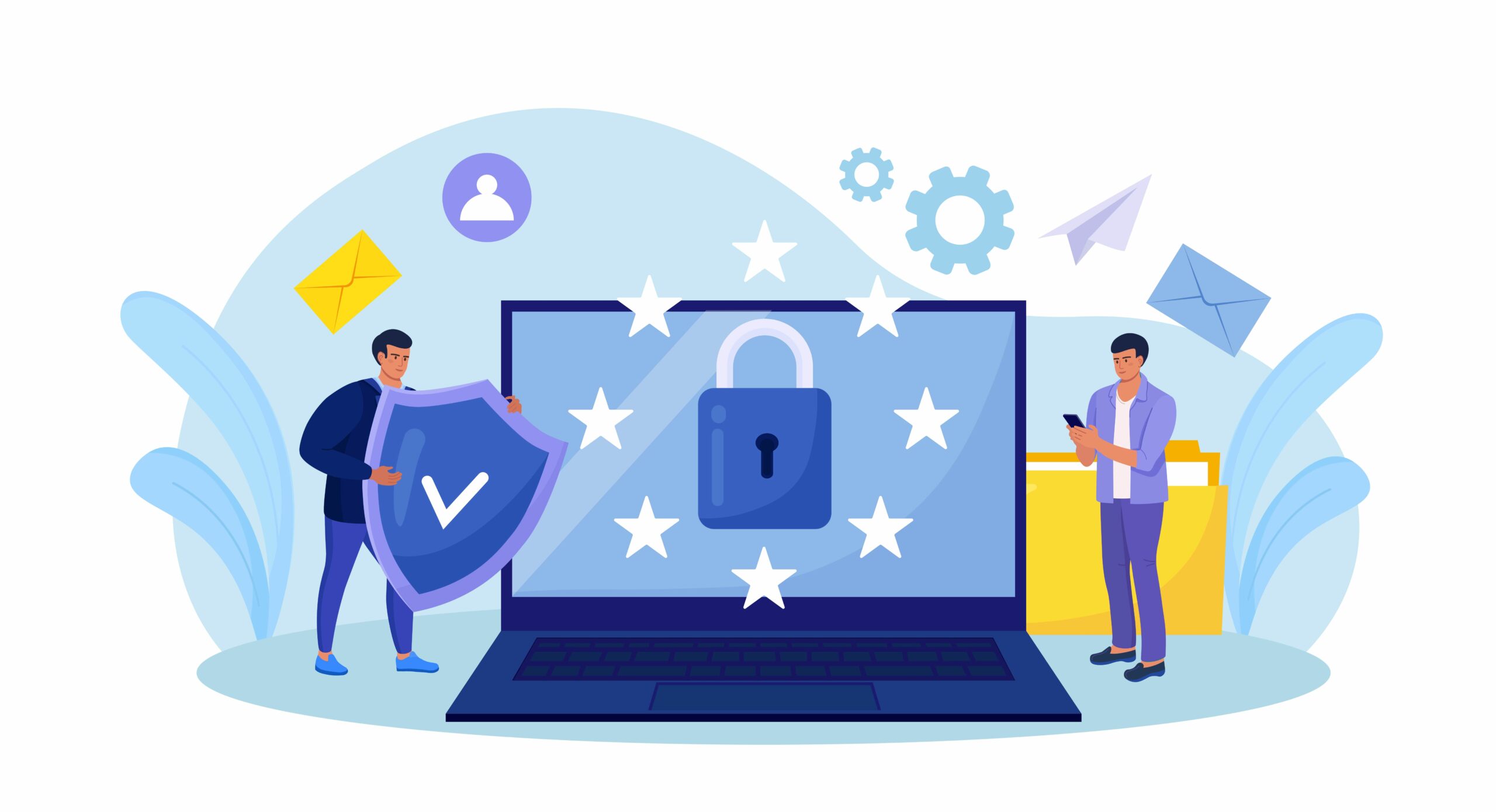If you’ve ever found yourself scratching your head over the difference between a Virtual Private Network (VPN) and a firewall, you’re not alone. Moreover, you might be weighing the pros and cons of each to decide which one is better suited for your business. Today, we aim to shed light on these two distinct yet equally significant technologies.
VPNs and Firewalls: Two Pillars of Cybersecurity
VPNs and firewalls are vital to ensuring your online data and identity are well-protected.
A VPN, the acronym for Virtual Private Network, is a secure connection that conceals your IP address and encrypts all the data transiting through that network. This encryption safeguards your sensitive information against potential cyber threats, ensuring your peace of mind.
On the flip side, a firewall serves as a shield for incoming traffic, regulating access to ports and keeping external invaders at bay. In essence, a firewall acts as a bodyguard for your computer or network, warding off any potential malicious incursions.
Firewalls: Guarding the Gates of Your Network
A firewall is an unsung hero in the realm of network security. It diligently scrutinizes inbound and outbound traffic, nipping any malicious or undesirable traffic in the bud before it penetrates the network.
Moreover, firewalls can play a gatekeeper by barring access to specific websites or applications. This role makes it challenging for potential hackers to breach your defenses and gain access to confidential data. Generally installed on a router, server, or other hardware devices, firewalls can be fine-tuned to cater to the unique requirements of a network.
VPNs: Your Personal Cloak of Invisibility Online
A VPN establishes an encrypted link between your device and the server hosting the service you’re trying to use. This connection forms a secure passageway for your data, shielding it from prying eyes.
Additionally, a VPN can render your IP address untraceable, making your online actions virtually invisible. As a result, you can surf the internet, access websites, and use online services with peace of mind, knowing you’re protected from tracking or surveillance.
Contrasting Firewalls and VPNs
Though firewalls and VPNs are both key players in cybersecurity, they serve distinct functions. Firewalls are akin to fortress walls, obstructing unauthorized access to a network. Conversely, VPNs encrypt all data traversing the network, securing it against potential interception.
While firewalls excel at fending off malevolent attacks, they’re powerless against online censorship or accessing geo-blocked content. Here’s where VPNs shine: they grant users access to restricted sites through a secure, encrypted connection.
In summary, while firewalls form a protective barrier against external threats, VPNs shield your data and identity as it traverses unsecured networks.
Firewall vs VPN: The Verdict
The million-dollar question: Firewall or VPN – which is superior? The answer is – why choose when you can have both? Firewalls and VPNs serve complementary roles and can harmoniously work together to bolster protection.
For comprehensive security, consider employing both a firewall to ward off intrusions and a trusted VPN like Avast SecureLine to maintain your online privacy and secure data transmission.
The Dynamic Duo: Firewalls and VPNs
Marrying the strengths of a firewall and a VPN provides a robust defense for your network and data. A firewall fortifies your system against external breaches, while a VPN encrypts outbound traffic and counters eavesdropping attempts.
Despite their prowess in shielding your network from external threats, firewalls cannot match VPNs in maintaining privacy. A VPN takes security a notch higher by encrypting all data traversing the network, making your inbound and outbound connections indecipherable to onlookers.
Additionally, a VPN obfuscates your IP address, thereby ensuring your online anonymity. The combination of a firewall and a VPN safeguards your data from external threats and unscrupulous cybercriminals looking to infringe upon your privacy.
Both tools have distinct yet complementary roles in safeguarding your digital assets. While a firewall keeps malicious activities at bay, a VPN masks any data sent over the internet, allowing for secure data transmission.
It’s crucial to understand that using a VPN does not negate the need for a firewall – they both serve different but equally important roles in securing your online presence.
Conclusion: The Power of Both
In the ever-evolving world of cyber threats, VPNs and firewalls offer different layers of protection. The firewall serves as a steadfast sentry, barring malicious traffic from infiltrating your network. Conversely, a VPN operates like an invisibility cloak, concealing your online actions and encrypting your data, making it hard for any third party to intercept.
For the best possible security, consider utilizing both a firewall and a VPN when connecting to the internet. This duo provides a formidable defense, ensuring your online interactions are secure and private. Remember, your online safety hinges not only on the tools you use but also on your knowledge of them. Stay informed, stay safe!




